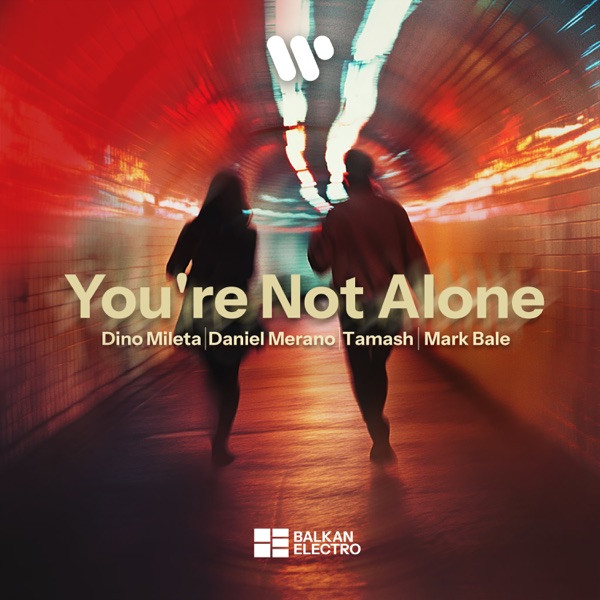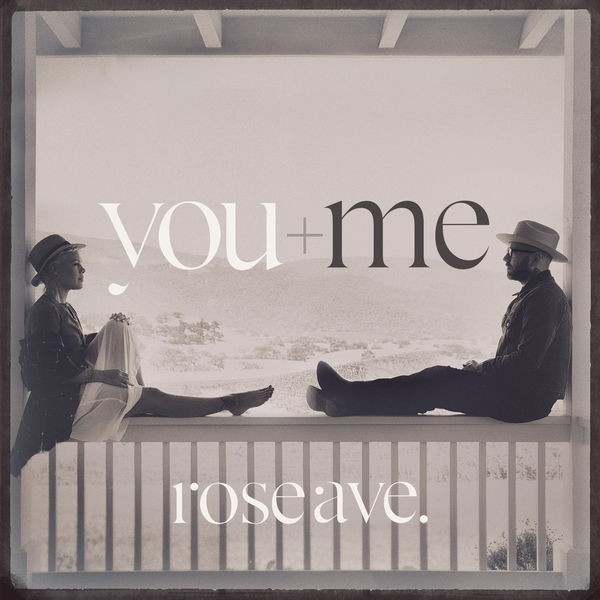
Sam Fender proves once again that success doesn’t change the soul of a true artist. After winning the Mercury Prize for People Watching, the British singer-songwriter donated his entire £25,000 prize to the Music Venue Trust, helping preserve the small local stages that gave him his start
For Sam Fender, music has always been about more than fame or trophies. It’s about community, connection, and the places where it all began. The 31-year-old artist, now one of Britain’s most acclaimed rock voices, marked his Mercury Prize victory not by celebrating himself, but by giving back. His £25,000 donation to the Music Venue Trust will support struggling grassroots venues across the UK — the same intimate spaces that once gave him his first shot.
“I wouldn’t be here today if it weren’t for those little gigs I played across the North of England,” Fender said after his win. “Those venues are legendary, but they’re fighting to survive.” His message was simple and heartfelt: recognition means nothing if the next generation doesn’t have a stage to stand on.
The Music Venue Trust, a nonprofit organization dedicated to protecting and sustaining small performance spaces, has spent years fighting against rising costs, closures, and post-pandemic recovery challenges. Many of these venues remain at risk, with artists and fans alike stepping up to save them. Fender’s contribution is more than a gesture — it’s a reminder that the foundation of the music industry is built on small stages and big dreams.
This isn’t the first time the Seventeen Going Under star has used his platform to help the grassroots scene. During his sold-out stadium tour across England and Scotland last year, Fender quietly raised £100,000 by adding a small charitable fee to every ticket. That money was distributed among 38 venues across England, Scotland, and Wales, providing a much-needed lifeline for independent clubs that might otherwise have gone dark.
“For me, it all started there,” he explained. “Those small venues are the backbone of music. It’s where you test yourself, make mistakes, meet an audience, and find your voice. If they disappear, so does the future of music.”
Fender’s latest record, People Watching, has been praised for its maturity and emotional depth, weaving together themes of empathy, working-class struggle, and resilience. Critics called it his most personal work yet — an album that combines poetic storytelling with the urgency of modern rock. The Mercury Prize win only cemented his place among Britain’s most important contemporary songwriters.
Still, amid the accolades, Fender remains refreshingly humble. “All the glory goes back to the roots,” he said. “Without those pubs and clubs that took a chance on me, I’d have nothing to celebrate.” His decision to channel the entire prize fund back into the ecosystem that shaped him feels like a full-circle moment — a thank-you letter written in action, not words.
The Music Venue Trust responded with gratitude, calling Fender’s donation “a powerful act of solidarity” and highlighting how crucial such support is for the survival of small stages. These venues, often family-run or volunteer-led, have been hit hard by inflation, soaring rent, and shrinking audiences. For young artists hoping to follow in Fender’s footsteps, every saved venue means another chance to be heard.
Fender joins a growing list of major musicians who have championed the cause. Coldplay recently pledged 10% of profits from their Wembley shows to help struggling venues, while Pulp and Katy Perry have supported similar initiatives. The Mercury Prize winners of 2023, Ezra Collective, donated their own winnings to youth centers and community studios. Yet for Fender, the gesture carries a deeply personal resonance. Newcastle’s pubs and bars were his training ground — his home before the headlines.
“Helping the places that made me who I am isn’t charity,” he said. “It’s gratitude.”
That sense of loyalty to his roots has defined Fender’s career from the start. While many artists gravitate toward celebrity, he has remained grounded in the identity of a working-class musician who never forgot the people and places that gave him purpose. His storytelling — whether it’s about friendship, heartbreak, or survival — echoes that same authenticity.
Social media has erupted with praise for his generosity. Fans call him “a real one,” “the heart of Brit-rock,” and “proof that success doesn’t mean forgetting where you came from.” Many highlighted how Fender’s act reflects his music: honest, compassionate, and deeply human.
In interviews following the announcement, he spoke about the long-term impact he hopes this will have. “If I can help even a few kids find a place to play, to dream, then that’s worth more than any award,” he said. “Money comes and goes, but these venues — they’re where the magic starts.”
That belief — that art begins in community — sits at the heart of everything Fender stands for. His own rise was built not on instant fame, but on years of small shows, long nights, and faith from people who believed in him before the spotlight arrived. Now, he’s giving others the same chance.
The story of Sam Fender’s donation isn’t just about philanthropy. It’s a reflection of an artist who measures success not in sales, but in significance. For him, the real victory is seeing another young band load their gear into a tiny club, tune their guitars, and take their first shaky step toward the dream.
“I owe everything to those rooms,” he said softly. “They’re where I learned to sing, to connect, to believe. If we lose them, we lose a part of who we are.”
With that, Fender reminds the industry — and the fans who love him — that great music doesn’t just happen on big stages. It’s born in small ones, under dim lights, with sweat, noise, and hope. And sometimes, the most powerful encore isn’t a song — it’s an act of giving back.






